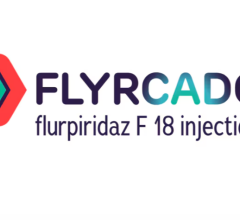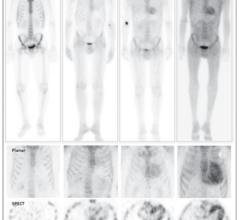May 29, 2015 — National Security Technologies LLC (NSTec) and Henderson, Nevada-based Global Medical Isotope Systems (GMIS) announced a public-private partnership agreement for research and development of an essential radioactive isotope used in millions of medical diagnostic imaging procedures annually.
Known primarily as the management and operations contractor for the Nevada National Security Site (NNSS), NSTec is leveraging its traditional national security role with the signing of its first cooperative research and development agreement (CRADA). The agreement describes NSTec's technical integration, modeling, materials and design support to GMIS's mission in the development and deployment of a ground-breaking approach to the production of the radioactive isotope molybdenum-99 (Mo-99).
By introducing a safe, decentralized, on-demand production system using non-enriched uranium, the two companies are answering a critical supply need of the medical imaging community. The United States terminated its domestic Mo-99 production in the 1990s, but continues to import the isotope from Canada and Europe. In addition, U.S. and global demand for Mo-99 has grown substantially in recent years, making easy and timely access to supplies of the isotope more important than ever.
The imaging isotope Technetium-99m (Tc-99m) is a decay by-product of Mo-99, and has a half-life of only about 6 hours. This unique physical characteristic makes Tc-99m the most widely used medical diagnostic isotope in nuclear medicine. Its short half-life allows it to be used in body-scanning procedures that collect data rapidly, but keeps total patient radiation exposure low — but it also makes keeping an inventory next to impossible.
Presently, there are about 40 million imaging and diagnostic procedures performed worldwide per year, of which 80-85 percent use Tc-99m. Of those 40 million, more than 20 million are performed in North America, about 1.5 million in Canada, and approximately 15,000 in southern Nevada.
GMIS is currently developing a scalable standalone system to produce the isotope, allowing for custom deployments to other areas of the country.
The five-year CRADA calls for NSTec to provide technical integration, modeling, materials, and design support to GMIS's mission.
NSTec also brings to the CRADA a staff of nuclear and health physicists, skilled physics and electronics technicians, a variety of radiological materials, and an extensive inventory of radiation detection equipment.
For more information: www.nstec.com


 March 25, 2025
March 25, 2025 









